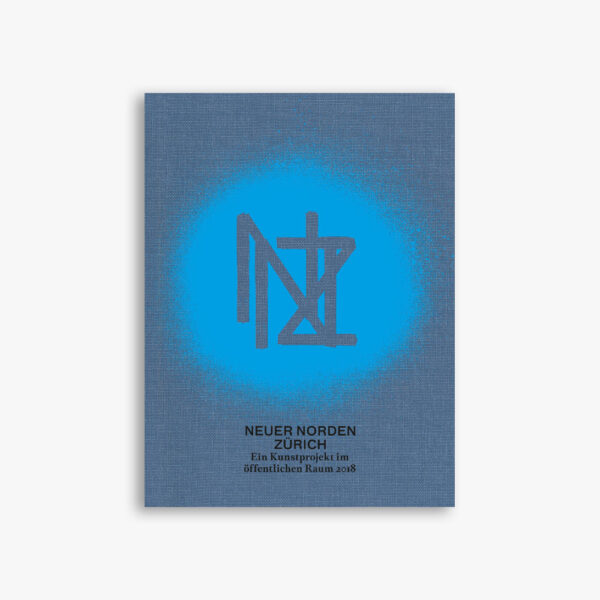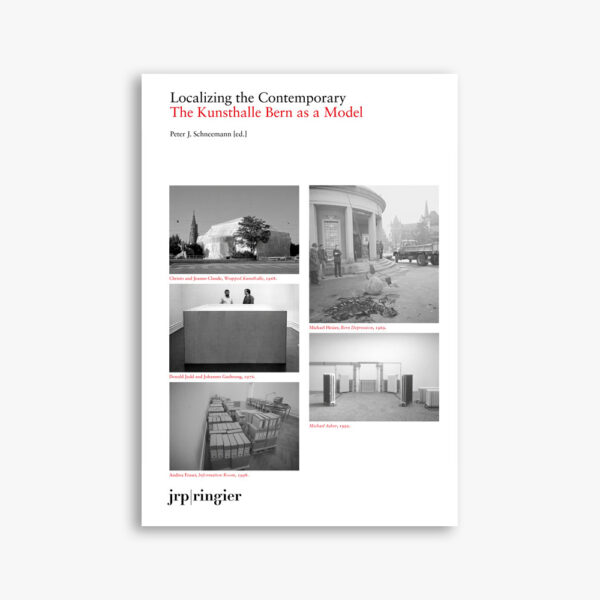| ISBN : | 978-3-03764-562-8 |
|---|---|
| Publication : | March 2021 |
A history of contemporary African art? Not at all. Rather a performative history of this notion that has been so controversial for so long! Such is the subject of this anthology conceived and introduced by Cédric Vincent, a researcher in social anthropology and a specialist in pan-African festivals.
Articulating the reflections of founding figures (Ulli Beier, Michel Leiris, Pierre Lods, Frank McEwen), artists (Aina Onabolu, Eddie Chambers, Ben Enwonwu, Ernest Mancoba, Hassan Musa, Everlyn Nicodemus), curators (Clémentine Deliss, Okwui Enwezor, Jean-Hubert Martin, Simon Njami), and researchers (Salah M. Hassan, Sidney L. Kasfir, Kobena Mercer, Olu Oguibe), this book encompasses the plurality of points of view, the vigor of the controversies, and the thwarted advances of a theoretical field in perpetual evolution. Highlighting the recurrent debates that have arisen around the concepts of authenticity, transmission, modernity, identity, and cultural colonization, the 27 texts gathered here cover the period from the 1920s to the Age of Independence, from the beginnings of artistic globalization to today’s globalized context, in Nigeria, South Africa, Ethiopia, and Senegal, as well as in France, the United Kingdom, and the United States.
How can the perimeter of contemporary African art be opened, defined, and defended? How can the succession of these panoramic exhibitions, initiated in 1989 by Magiciens de la terre (Paris) and The Other Story (London), which provoked curatorial debates and processes of inclusion, be analyzed? How can the endogenous creation of the countries of the African continent and that of their diasporas, as well as their mutual apprehensions be articulated? Far from approaching contemporary African art as a stabilized category, this book proposes a polyphonic genealogy to decipher the secular development of an aesthetic notion, closely following its semantic battles, institutional confrontations, and geopolitical issues over the decades. Giving a voice to the various protagonists who have animated one of the most controversial artistic fields, this anthology offers a heuristic journey, by successive leaps, in order to understand a notion that remains, even today, a place of ideological debate.
Introduced by Cédric Vincent, this anthology is enriched by an “expology of contemporary African art” and studies on the presence of Africa at the Venice Biennale and the biennales of contemporary art in Africa.
Doctor in social anthropology, teacher at the School of Fine Arts in Toulon, associate researcher at the Centre d’Anthropologie de l’écriture/EHESS (2012–2016), Cédric Vincent is founder and director, with Dominique Malaquais, of PANAFEST Archive (EHESS-CNRS-IMAf), a research program dedicated to the archives of pan-African festivals. In 2016, he cocurated Dakar 66: Chronicles of a Pan-African Festival at the Musée du Quai Branly, Paris.
This volume is the eighth title of the “Lectures maison rouge” series, directed by Patricia Falguières and coedited with la Fondation Antoine de Galbert, Paris.








